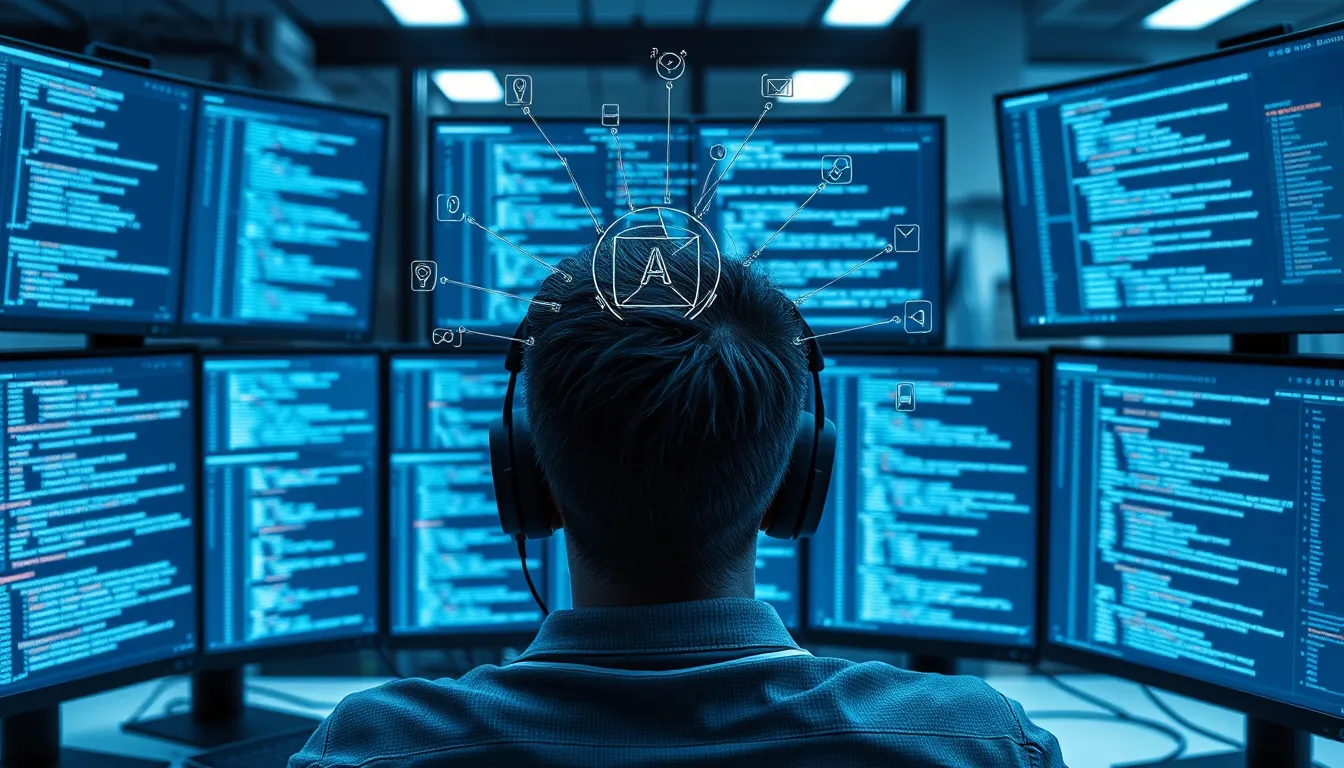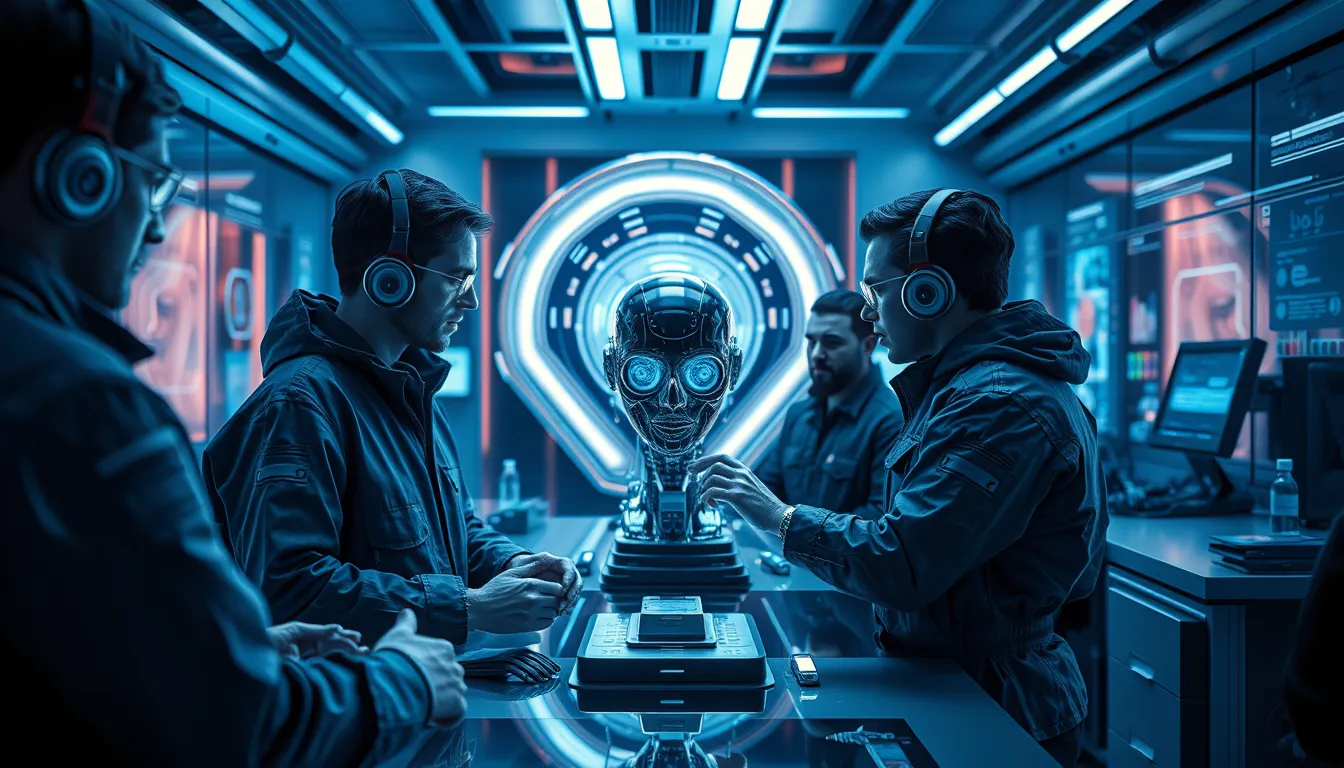Now Reading: Navigating AI Programming Tools: Tackling Software Development Slowdown
-
01
Navigating AI Programming Tools: Tackling Software Development Slowdown
Navigating AI Programming Tools: Tackling Software Development Slowdown

Navigating AI Programming Tools: Tackling Software Development Slowdown
Introduction
In today’s fast-evolving tech landscape, AI programming tools are rapidly transforming software development. Yet, an emerging trend reveals that instead of accelerating productivity, these tools are inadvertently causing a slowdown in development. This article explores the challenges presented by AI programming tools slowdown, including debugging hurdles, workflow disruptions, and the adverse effects on creative problem solving.
The Rise of AI Programming Tools and Their Impact on Development
AI programming tools were introduced with the promise of revolutionizing coding by auto-generating code snippets, streamlining repetitive tasks, and freeing developers for more innovative challenges. Initially celebrated as a breakthrough for faster development cycles, these tools have now revealed complex challenges that many developers did not anticipate. With a growing body of evidence indicating that AI programming tools can slow down overall development, understanding these issues has become essential for both software engineers and technology leaders.
Debugging Processes Under Pressure
Impact of AI Programming Tools on Debugging Processes
One significant challenge arises from the debugging phase. AI-generated code often comes with hidden intricacies that can lead to unexpected errors. As a result, developers find themselves spending more time deciphering and debugging code rather than advancing new features. Key points include:
- Increased time spent analyzing convoluted code suggestions
- Difficulty in identifying the source of errors introduced by automation
- Enhanced need for human oversight to verify code integrity
Many industry experts argue that the impact of AI programming tools on debugging processes is severe. They recommend supplementing automated solutions with thorough manual reviews. By integrating a practice of critical oversight, developers can reduce the overall time spent troubleshooting.
Integrating AI-Generated Code: Overcoming Challenges
Challenges of Integrating AI Generated Code
The integration of AI-generated code into existing systems often presents multiple obstacles. Complex projects require seamless integration, but the introduction of AI-generated snippets can lead to compatibility issues and unexpected system behaviors. Here are some of the prevalent integration challenges:
- Mismatch between existing code architecture and AI suggestions
- Increased cognitive load on developers when aligning automated outputs with manual coding
- The potential for overreliance on AI, reducing the natural iterative process of problem-solving
Addressing these issues requires designing AI tools that are not only efficient but also adaptable to various coding environments. Collaboration between AI tool developers and software engineers is essential to recalibrate these algorithms for improved integration.
How AI Tools Hinder Creative Problem Solving
A longstanding debate among experts revolves around the concern that overreliance on AI may suppress human creativity. How AI tools hinder creative problem solving is a critical issue, as creative coding and innovative solutions are at the core of software development. When developers begin depending heavily on AI generated recommendations, several issues surface:
- Reduction of unique, creative approaches to solving complex problems
- The potential decline in skill development among newer programmers
- Increased reliance on automated outputs rather than iterative innovation
Through the inclusion of deliberate breaks in coding sessions and periodic manual evaluations, development teams can mitigate these challenges. Experts emphasize that maintaining a balance between leveraging automation and encouraging creative logic is imperative for sustainable progress.
Ensuring a Balanced Workflow with Adequate Human Oversight
The Role of Human Oversight in an AI-Driven Environment
While AI programming tools provide numerous benefits, they must be complemented by robust human oversight. This balance ensures that developers remain vigilant about quality assurance and maintain control over the code’s final output. Some strategies to promote balanced workflows include:
- Regular code reviews to catch any anomalies introduced by AI tools
- Continuous training for developers on debugging and integration best practices
- Implementation of quality control protocols that ensure human validation of critical code segments
Expert Opinions and Case Studies
Several case studies have demonstrated that when effectively managed, the integration of AI programming tools can lead to improved productivity without compromising creative processes. Industry leaders recommend that companies gradually adopt AI tools, ensuring that each implementation is accompanied by comprehensive oversight. Additionally, expert opinions suggest investing in customized AI solutions rather than one-size-fits-all products. This strategy can alleviate many of the current challenges and ensure that AI tools serve as a genuine aid rather than a hindrance.
Conclusion
The phenomenon of AI programming tools slowdown underscores a crucial pivot point in modern software development. As this article has discussed, while AI tools offer powerful automated capabilities, their impact on debugging, workflow integration, and creative problem solving cannot be overlooked. Moving forward, a balanced strategy that integrates robust human oversight with smart AI implementations is essential. Through consistent refinement, recalibration of AI algorithms, and proactive adjustments in developer practices, the industry can strike a balance between technological advancement and the preservation of core creative skills. Ultimately, the goal is to enhance productivity without sacrificing the ingenuity and expertise that human developers bring to the table.
By closely examining the impact of AI programming tools slowdown across multiple dimensions, this article aims to provide a comprehensive overview for developers and tech leaders alike. For more expert insights on AI and software development, explore further resources at reputable industry websites like IEEE and ACM.

























